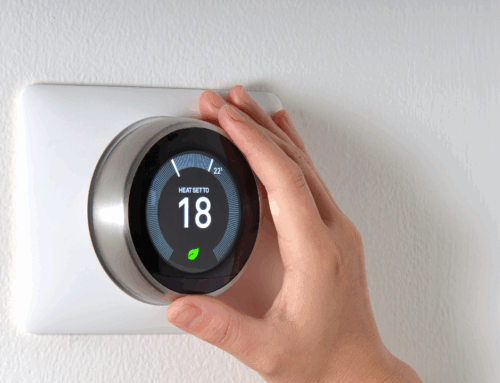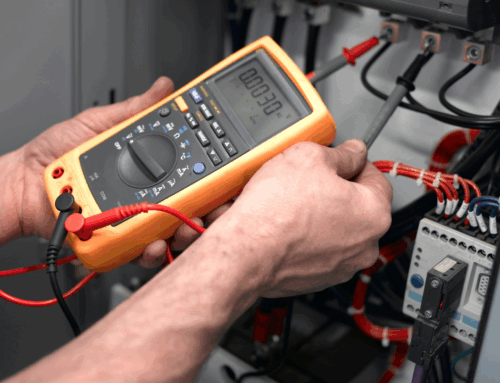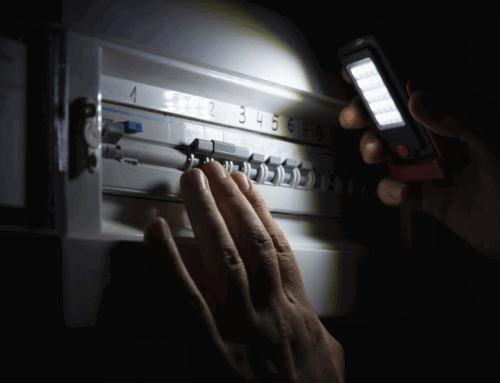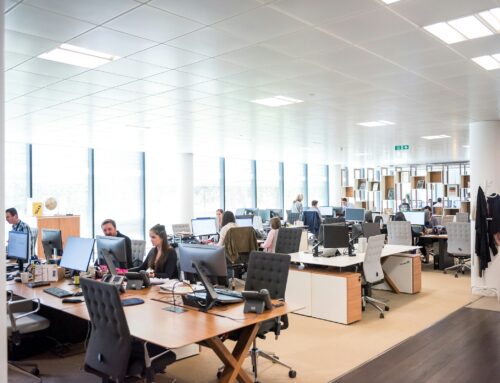Managing energy costs is a top priority for businesses, especially as energy prices continue to rise. A commercial electrician can play a significant role in reducing these costs by ensuring that your electrical system is optimised for energy efficiency. Whether you’re operating a small office or a large commercial facility, working with a qualified commercial electrician can lead to considerable savings on your energy bills.
1. Upgrading to Energy-Efficient Lighting
One of the most effective ways a commercial electrician can help reduce your energy bills is by upgrading your lighting system. Traditional incandescent bulbs and fluorescent lights consume more energy than modern alternatives. A commercial electrician can replace outdated fixtures with energy-efficient LED lights, which use up to 75% less energy and last significantly longer.
LED lights are also available in a range of brightness options, providing the perfect lighting for various commercial spaces while maintaining energy efficiency. By switching to LED lighting, businesses can see a noticeable reduction in their energy consumption and, consequently, their energy bills.
2. Implementing Smart Lighting Controls and Sensors
In addition to upgrading to energy-efficient lighting, a commercial electrician can install smart lighting controls and motion sensors throughout your premises. These smart devices ensure that lights are only in use when needed, automatically turning off lights in unoccupied rooms or areas with sufficient natural light.
Such automation reduces unnecessary energy consumption and maximises efficiency, ensuring that your business only uses electricity when necessary. Over time, this can lead to significant savings, particularly in larger facilities where lighting accounts for a large portion of the energy bill.
3. Energy Audits and System Optimisation
A commercial electrician can conduct a thorough energy audit of your electrical system to identify areas where energy is being wasted. During the audit, they’ll examine your wiring, appliances, lighting, and HVAC systems to assess their energy efficiency. The electrician can then recommend improvements, such as upgrading wiring to reduce energy loss or replacing old equipment that uses excessive power.
For instance, older electrical systems often suffer from inefficiencies that can be addressed with modern technology. Replacing outdated components with newer, more efficient models can dramatically reduce power consumption. This proactive approach helps prevent energy waste, saving your business money in the long term.
4. Upgrading to Energy-Efficient Equipment
Many commercial spaces rely on heavy-duty electrical equipment, such as HVAC systems, refrigeration units and machinery. Over time, older equipment can become inefficient, using more power to perform the same tasks. A commercial electrician can help by recommending energy-efficient replacements for outdated equipment, such as high-efficiency HVAC systems or Energy Star-rated appliances.
In addition, they can install variable speed drives (VSDs) or timers to control equipment operation. These devices can adjust the speed or operation of machines to ensure they’re not using more energy than necessary, further reducing your energy consumption.
5. Optimising Heating and Cooling Systems
Heating and cooling systems are often some of the biggest energy consumers in commercial properties. A commercial electrician can work alongside HVAC technicians to ensure that your heating and cooling systems are properly maintained and optimised for efficiency. This includes checking thermostats, repairing leaks, and installing programmable thermostats to control temperature settings based on your business hours.
By ensuring that your HVAC system runs efficiently, a commercial electrician can help lower energy costs related to heating and cooling, ensuring that your space stays comfortable without excessive energy use.
6. Demand Response and Load Shedding
For businesses with high electrical demand, a commercial electrician can help implement demand response strategies and load-shedding techniques to reduce peak-hour electricity usage. These strategies involve temporarily reducing energy consumption during periods of high demand, such as turning off non-essential equipment or shifting energy usage to off-peak hours when electricity costs are lower.
By reducing peak demand, businesses can avoid high energy charges and lower overall energy costs.
Conclusion
A commercial electrician is an invaluable partner in reducing energy bills and improving the overall energy efficiency of your business. By upgrading to energy-efficient lighting, optimising electrical systems, conducting energy audits and recommending smarter equipment and control systems, they can help you cut down on energy consumption. These changes not only reduce operational costs but also contribute to a more sustainable business model.
By working with a commercial electrician, you can ensure that your business runs as efficiently as possible, saving you money on energy bills while enhancing the overall safety and longevity of your electrical system.







Leave A Comment